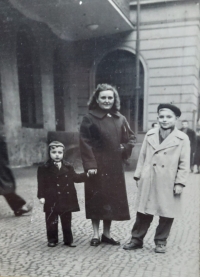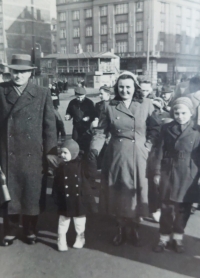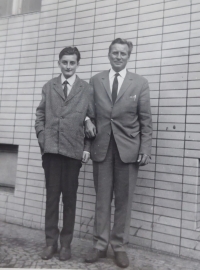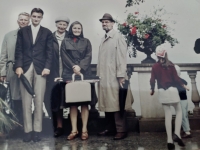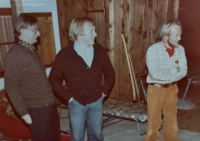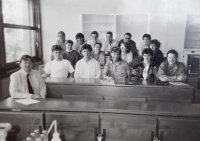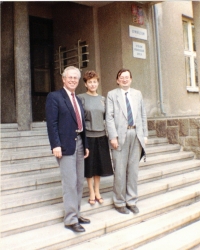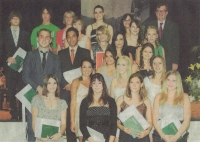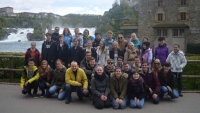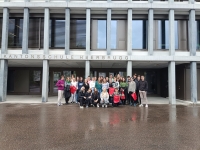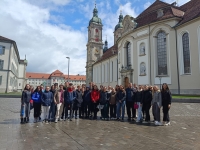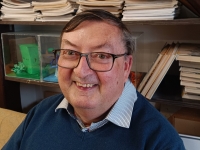After emigrating, the Swiss asked us if we had a TV or a toilet at home
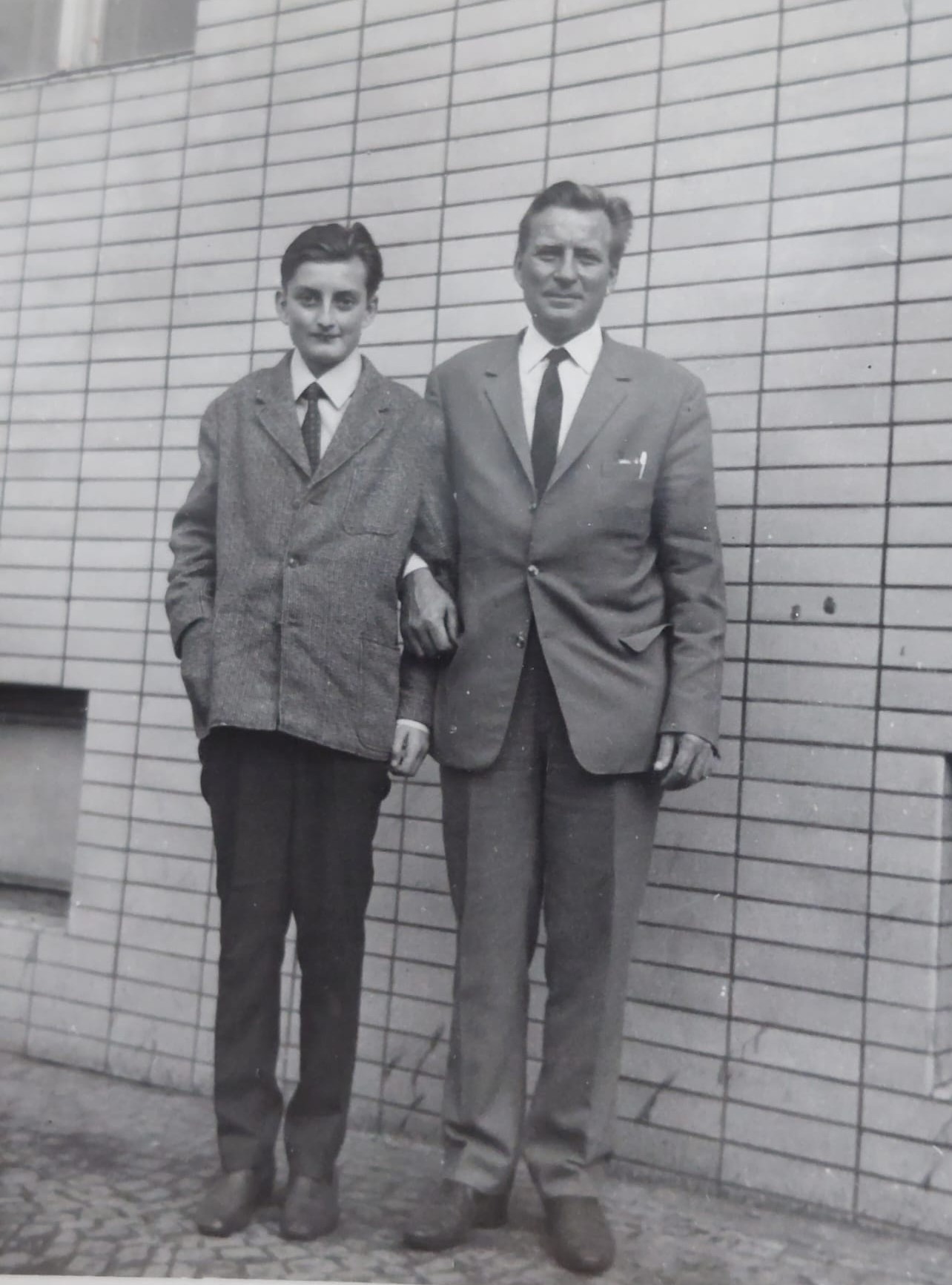
Download image
Martin Poživil was born on 23 December 1953 in Prague. His father, Jaroslav Poživil, was a mechanical engineer, and his mother, Gertruda, graduated from a business academy and later worked as a technical draughtswoman. Both parents came from landowning families. Martin Poživil had an older brother, Tomáš. The whole family emigrated to Switzerland in November 1968. They settled in the town of Heerbrugg. Martin Poživil started secondary school, and after finishing high school, he entered the University of Zurich. He studied chemistry and physics, but during his studies, he was already teaching at the cantonal school in Heerbrugg. In 1983, he obtained his doctorate. In the same year, he obtained Swiss citizenship. He renounced his Czechoslovak citizenship in 1987. He returned to Czechoslovakia after the revolution in the summer of 1990. In recent years, he has been involved in the cooperation between Swiss schools and grammar schools in the Czech Republic. He still returns to the Czech Republic regularly. However, he never moved back permanently. In 2024, he lived in Heerbrugg, Switzerland.
